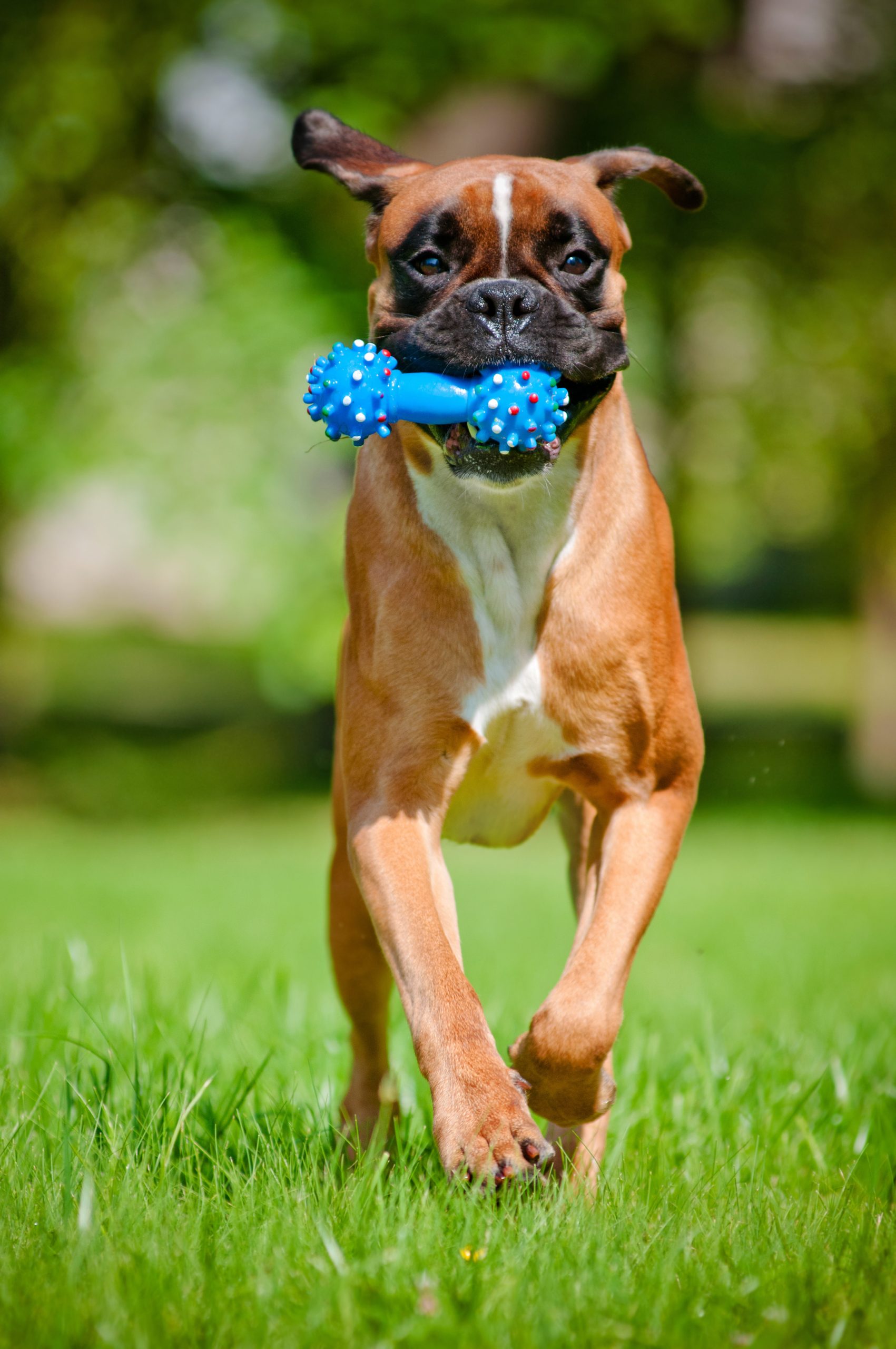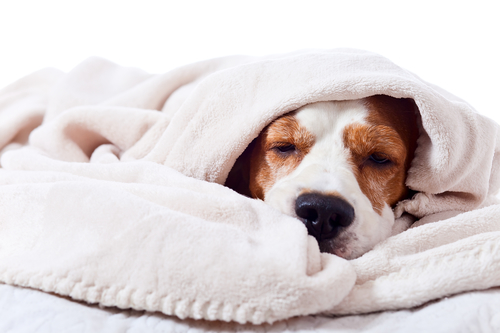
THE SENIOR PET
Dogs and cats are living longer lives than ever before in the history of their species. 40 years ago the average life span of a cat was 14 years and a dog averaged 12 years. Now the average life span is 18 years for a cat and dogs average 15 years of age.
As the animal enters the autumn time of their life – owners should become aware that the senior pet will experience some discomfort as they age even further. There is one alternative to getting old – and that option is rather terminal. So the reality is that the lucky animals that are given the opportunity to get older will also suffer the fate that old age brings with it – cells of the body that are slowing down of the ability to do their job and repair themselves.
There is no part of the animal’s body that is not affected by the ageing process – just some parts are affected faster than others. The heart for example does not age as fast as the skin cells, the nervous system does not age as fast as the skeletal system, the liver retains its ability to function normally longer than the bone marrow does, muscular system ages faster than the intestinal system etc.
Owners should start to become aware that the normal dog or cat becomes a senior citizen after the age of 8 years – this does vary depending on the animal, For example the giant breed of dogs such as Great Danes become senior citizens when they enter their fifth year of life.
When a cat or dog is around 2 years of age they are basically “bullet proof” – it matters very little what the normal owner does to the normal dog and cat the animal remains basically healthy. As long as the owner follows the basic rules of giving heartworm prevention regularly, worming every 3 months, keeps up their vaccinations once a year, uses the appropriate flea and tick control, feeds them food made for the species involved and exercises them on a regular basis as well as gives then 15 cuddles a day then the animal stays usually in good health.
But as the animal enters its more senior years other aspects become very important to maintain good health and to minimize the visits to the vet. The following aspects should be addressed on a regular basis – internal organ function (liver, kidney, anaemia, calcium level, immune system, diabetes, jaundice, thyroid function), dental hygiene and health, intestinal worms, vaccinations, excess weight, arthritis and spinal problems, skin problems, heart problems, nutrition and cancers.
INTERNAL HEALTH (ORGAN FUNCTION) OF THE ANIMAL
As animals get older their internal organs do not function as well. The only way to monitor this is to do a physical check once a year and also “run” a blood test at the same time. This laboratory test will identify areas of the body not functioning normally and, if possible, the veterinarian can advise on diets, medication, and supplements, etc that may reverse the problem or at least minimize the problem.
We recommend a Senior Health Check once a year for all animals over the age of 8 years.


DENTAL HYGIENE
One of the first areas that become affected with age is the oral cavity – infection starts to eat into the gums, the teeth start to develop decay especially at the gum line and under the gums, the enamel starts to wear off the dentine and the more sensitive layers underneath become exposed, bacteria live happily in the pharyngeal and laryngeal areas and the associated lymph tissue such as the tonsils become hyperplastic and loose their ability to fight infection.
Scientific studies show there is a direct correlation between longevity of life and oral hygiene. They have shown that mouth infections can spread via the blood stream from damaged tissue to other areas in the body. Infections of the heart, lungs, kidney, spinal cord, joints and bones have all shown to start from infections of the mouth.
Digestion of food is directly associated with oral health – the animals with no teeth or sore teeth are not going to masticate their food as well as healthy animals. The normal saliva plays a huge role in delivering enzymes that help in digestion and with problems in the mouth the saliva changes its consistency and therefore digestion is affected.
Teeth and oral hygiene are so important that I recommend that all animals that enter their more mature age should have their teeth and gums checked at least once a year. This is usually done at vaccination time. If there are problems then I recommend that the owners address these problems as soon as possible to minimize any complications.
INTESTINAL WORMS
As the animal ages the body’s ability to cope with parasites diminishes. It is important that the senior animal is given a “worming tablet” every 3 months so that intestinal parasites are kept to a minimum.
We recommend Drontal tablets for all dogs and recommend Popantel tablets for all cats. We recommend all dogs and cats be wormed every 3 months.


VACCINATIONS
Once again the aging body struggles to maintain an appropriate level of immunity against viral diseases such as Parvo, Enteritis, Lung infections, Flu type problems. These are some of the diseases we can vaccinate for and in the aging animal, it is important that these vaccines are given at least once a year to maintain a good immunity by the body’s defenses.
We recommend yearly vaccinations of a C5 for dogs and an F4 for cats in their senior years.
EXCESS WEIGHT
An animal that is “overweight” puts a lot of strain on their back, joints, blood pressure, heart, and the muscles that need to move the animal around. If that animal has reached its senior years then the excess weight can be critical for the development of arthritis, spinal pain, and heart conditions as well as affecting the general “well-being” of the animal.
There are special foods developed to assist the loss of weight when we feed our animals. There are also special foods developed to minimize the development of excessive fat deposits in animals who are prone to “putting on weight”.
We recommend animals are regularly monitored for weight problems and an appropriate program is commenced to assist the animal in returning to its appropriate weight range.


ARTHRITIS AND SPINAL PROBLEMS
Most owners are aware that the aging animal will develop arthritis and spinal problems. The problem is that in all animals who exhibit some form of pain when moving – the owners immediately assume it is arthritis and that “nothing can be done about it”.
But the reality is that there are lots of “things” that can be done to either minimize the development of the arthritis or to remove the pain and discomfort associated with the arthritis and spinal problems.
The different medications, foods, exercise programs, and processes that the owner can undertake are too numerous to mention here except to mention a wonderful medication called Cartrophen.
This medication not only removes the pain associated with arthritis – it also nurtures the structure of the joint, replaces the bad by-products from the damaged cartilage, encourages the joint to grow new strong cartilage, increases the blood supply to the joint, and makes the joint fluid more capable of dealing with friction and lubrication.
We recommend all senior animals be given Cartrophen once a year.
SKIN PROBLEMS
As we age the body’s ability to protect itself against the environment decreases. The senior animal is prone to developing infections of the skin, overproducing the protective sebum and this leads to chronic yeast problems (the reason an aging animal smells more), the skin loses its elasticity, small skin cancers start to grow, etc. The aging animal often develops thicker (damaged) skin, the skin often starts to turn black, there is often loss of hair, and the ability of the animal to shed its hair properly is diminished.
Keeping the hair clipped, keeping the skin cleansed with appropriate shampoo and conditioner, keeping external parasites such as fleas and ticks off the animal, addressing any changes in the skin integument early rather than later, and minimizing any solar damage is important for the comfort of the aging animal.
There are special foods made to assist the skin, special supplements that will assist the skin to stay soft and subtle, special shampoos and conditioners etc. Your veterinarian can assist you with the decision making.
We recommend all senior dogs get hydrobathed at least once a month using special shampoos and conditioners. We recommend all senior animals feed food appropriate to their skin types and any medical problems.


HEART PROBLEMS
Heart problems go “hand in hand” with the senior years of any animal’s life. There are a variety of heart problems and we recommend all animals get checked once a year for heart problems. The different problems associated with the heart usually respond to good medication and good exercise programs. The problem is getting the appropriate diagnosis first.
We recommend all senior animals be examined once a year by a veterinarian.
NUTRITION
“We are what we eat” is a true saying. This concept continues into the senior years and becomes more important as the body starts to struggle with everyday abuse from the environment and from problems that develop in the body including dental or oral problems.
When the animal is young it can eat a lot of “rubbish” and survive very well. As the senior years progress it is important that the animal gets the right amount of vitamins, minerals, fatty acids, proteins, carbohydrates, and lipids.
It is important that the animal is fed a “senior” diet. A lot of these diets have products that address the problems of arthritis, dental problems, cognitive dysfunction problems, and overweight problems. It is important that you get the appropriate food for your animal.
We recommend Royal Canin or Hills brand of food for aging animals.


CANCERS
With age comes a greater incidence of tumours (cancers). These cancers can be benign or malignant. They can be associated with the skin (and therefore obvious) or internal (and not show their ugly head until the animal is becoming terminally affected).
Some tumours belong to the group “just keep an eye on them” and other tumours are of the group “We recommend you remove the tumour today”.
Some tumours are easily detected during a physical examination and others are only detected on special tests.
We recommend all senior animals are examined once a year by a veterinarian and a blood test is taken once a year for internal examination.
SUMMARY
- We recommend all animals over the age of 8 years are examined once a year for health and a blood test is taken at the time of examination for processing through the laboratory.
- We recommend all animals are examined once a year for dental or oral problems and these abnormalities are addressed.
- We recommend all animals are given Cartrophen once a year.
- We recommend senior food be fed to the animal to match its medical and physiological needs.
- We recommend all lumps are examined by a veterinarian and the lump checked for malignancy.
- We recommend all dogs are hydrobathed at least once a month during our spring, summer and early autumn months.
- We recommend all dogs and cats with long or thick coats should be clipped on a regular basis to maintain comfort for the animal.
- We recommend all animals are vaccinated once a year.
- We recommend all animals are wormed every 3 months.
- We recommend all dogs are given heartworm prevention either monthly or yearly.

